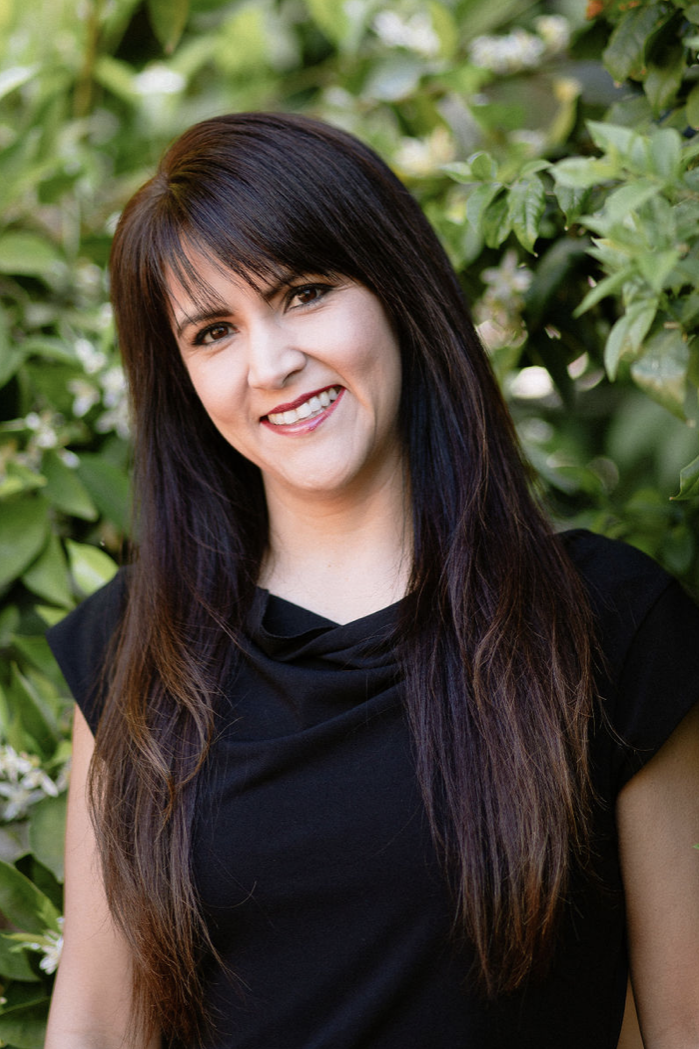
A Sense of Home
It’s been almost a week and we’re just about settled into our new apartment in San Francisco. Getting used to apartment living will take some adjusting, but so far has been off set by the incredible location and ease of making our new place our home. While I am enjoying getting to know our new neighborhood, and getting set-up with my new university, I am missing some of the comforts from home. I miss seeing my son light up when his grandparents come over, or when we head over to

